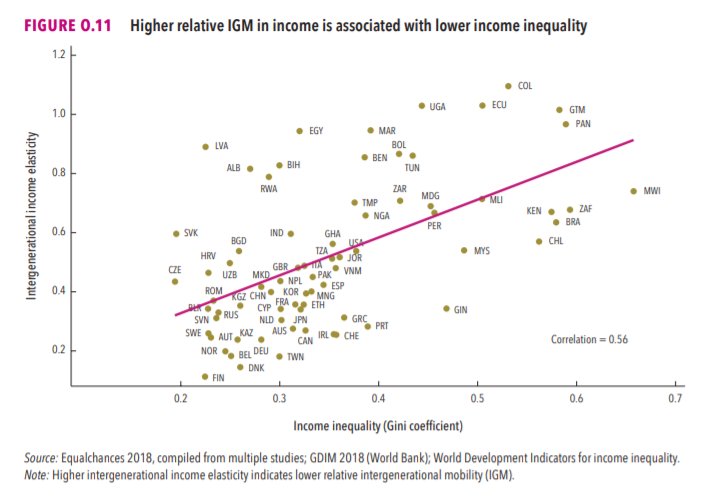Avoiding wars with clients is a matter of how you structure your engagements, along with how you spell out what you're doing in your proposals/contracts. That starts with estimating.
The biggest 2 rules I follow are these:
(2/12)
1. I do not EVER estimate a project in full from start-to-finish.
2. Once we're past initial Discovery (see below), I estimate in small chunks, e.g. "here's what will take us to the next iteration/review."
(3/12)
NEVER estimate past the point where you may get new information based on a build/test cycle.
Believe me when I say that you'll be wrong every time. Ask me how I know ;-)
(4/12)
So instead, first, I estimate a Consult/Discovery part that details what I think we need to do to get a handle on what's actually wrong here, and how long that will take.
For example...
(5/12)
...every client I have agrees to a time span, either me working directly with their team or me evaluating what they have and speaking with them. That is all pure fact-finding, nothing more. Getting the lay of the land (including politically).
(6/12)
There are no deliverables other than a summary of
(1) What I think is wrong, and
(2) What I suggest they do next, with or without me.
There's no scope for them to adjust, in other words. Nothing to change their minds about.
(7/12)
"I'm giving you X days/weeks, and at the end of that I'll tell you what I see."
Once I get past that, if they need me to advise on design/dev for an iteration, I chunk that out as a timeframe as well. X weeks with X review points, and those reviews are specified.
(8/12)
1 full day onsite, a 3-hour ZOOM session, etc. I don't ever estimate past a single iteration cycle or sprint, because there are too many unknowns, too many opportunities for them to second guess and change their minds about what they want to do.
(9/12)
This keeps the emphasis on the span of time instead of the tactical work at hand. If I give them a cost for 3 weeks, that figure reflects the distinct possibility that I may or may not spend 8 hours a day every day of those 3 weeks.
(10/12)
Whether I do or don't is irrelevant; I'm saying to them, "if you want my undivided attention for X weeks, here's what that costs."
You have to base your estimates on the only thing you can CONTROL, which is the TIME you spend.
Estimating tasks is a losing proposition.
(11/12)
You limit your risk by charging appropriately for that time — all of it. And you're also not inviting debates about how long something should or shouldn't take.
I hope that's helpful, and again — there's a LOT more where that came from here:
https://t.co/s5JuUZnIEo (12/12)

